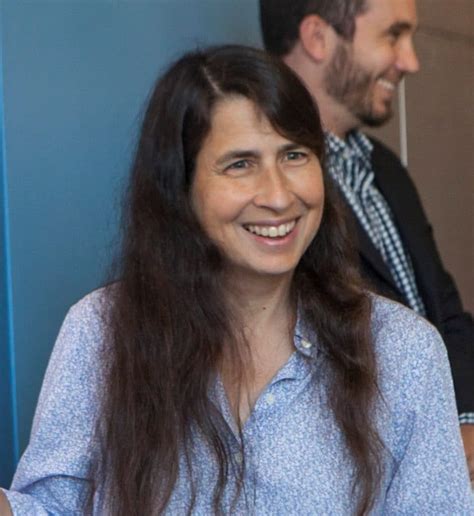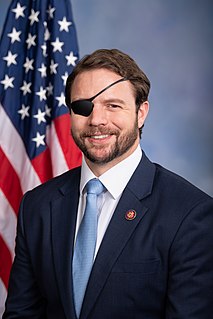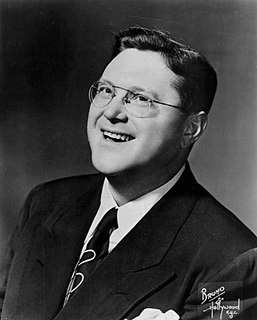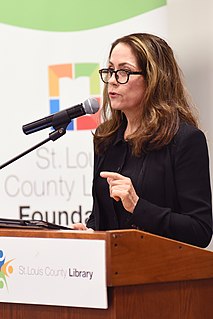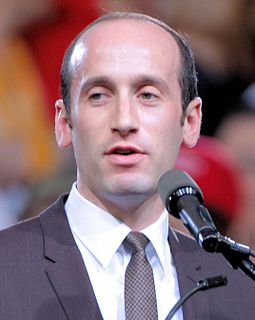A Quote by Pramila Jayapal
What Republicans so cynically refer to as 'chain migration' is actually family-based immigration - a humane and compassionate policy of reunifying families. It allows spouses to be together, siblings to support each other, and children to be with their parents. It allows the immigrants who are already here to be successful.
Related Quotes
An essential criterion for any humane immigration policy is that it should allow families to remain together. Whether that means letting the entire family migrate together, or allowing a caregiver to travel back and forth across the border, it should make it easier for workers to be with their families instead of harder.
Legal immigrants play by the rules and come in under the law. They work, raise their families, pay taxes, and serve in the Armed Forces. ... Legal immigrants do not seek to cross the border, or overstay their visas. They come here the right way. ... And, by and large, they are here as the result of reunifying families.
Sixty percent of our immigrants are admitted merely because they have relatives here. Many of these people are not immediate relative, but are part of extended families. The nepotistic U.S. policy lets in relatives then lets in the relatives' relatives, and so on, creating an endless and ever growing chain of new immigrants.
There was also a national policy, which as a child I didn't know anything about. In 1924 the first major immigration law was passed. Before that, there was an Oriental Exclusion Act, but other than that, European immigrants like my parents were generally admitted in the early years of the twentieth century. But that ended in 1924 with an immigration law that was largely directed against Jews and Italians.

